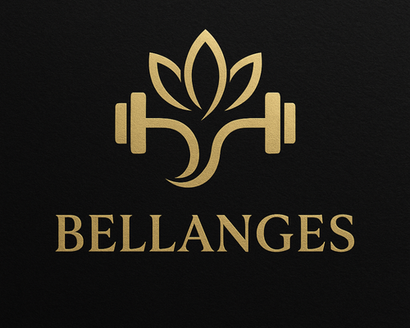Your Cart is Empty
Use Master Emotions to Stay Calm
21 May, 2025 19
Use Master Emotions to Stay Calm
Picture yourself in a heated argument, your heart pounding, hands starting to tremble. Maybe you’re facing a stressful test, or your boss just emailed about a last-minute meeting. In these moments, your emotions can take the wheel—unless you know how to master them.
Staying calm under pressure isn’t an art reserved only for monks and meditation gurus. It’s a skill, built from understanding and managing what scientists call our “master emotions”— feelings like fear, anger, sadness, or excitement that tend to dominate both our minds and our actions.
The first step is recognizing what’s happening inside you. When stress hits, most of us get swept away before we realize we’re even in the current. Instead, take a moment to notice: How is your body reacting? Is your jaw tight, your breath shallow, your shoulders tense? By simply naming the emotion—“I feel anxious” or “I feel angry”—you activate the thinking part of your brain. That alone can help weaken the grip these emotions have.
Next, give yourself permission to pause. Imagine a remote control in your hand with a “pause” button. In a tough moment, mentally hit that button. Take three slow, deep breaths. This isn’t just calming, it literally signals your body to relax and resets the stress response.
Once you’ve paused, try to get curious, not furious. Ask yourself: What’s really triggering me? Is it fear of making a mistake, frustration with another person, or maybe just feeling overwhelmed? Taking this step back helps you see the bigger picture. Emotions are like dashboard lights—they signal that something needs attention, but they shouldn’t steer the car.
Now, choose your response, rather than reacting on autopilot. Often, the best choice is not to react at all until you’ve cooled off. Other times, it’s about communicating calmly or taking practical action. The more you practice this deliberate process, the easier it becomes to stay grounded even when your emotions run high.
It helps to prepare ahead: Practice mindfulness, get enough sleep, and build routines that keep you balanced. Just like athletes train their muscles, you can train your mind and emotions.
Mastering emotions doesn’t mean never feeling upset—it means not letting those feelings dictate your next move. With awareness, patience, and practice, you’ll find yourself staying calm in situations that used to rattle you, leading to better decisions, stronger relationships, and a much more peaceful you




